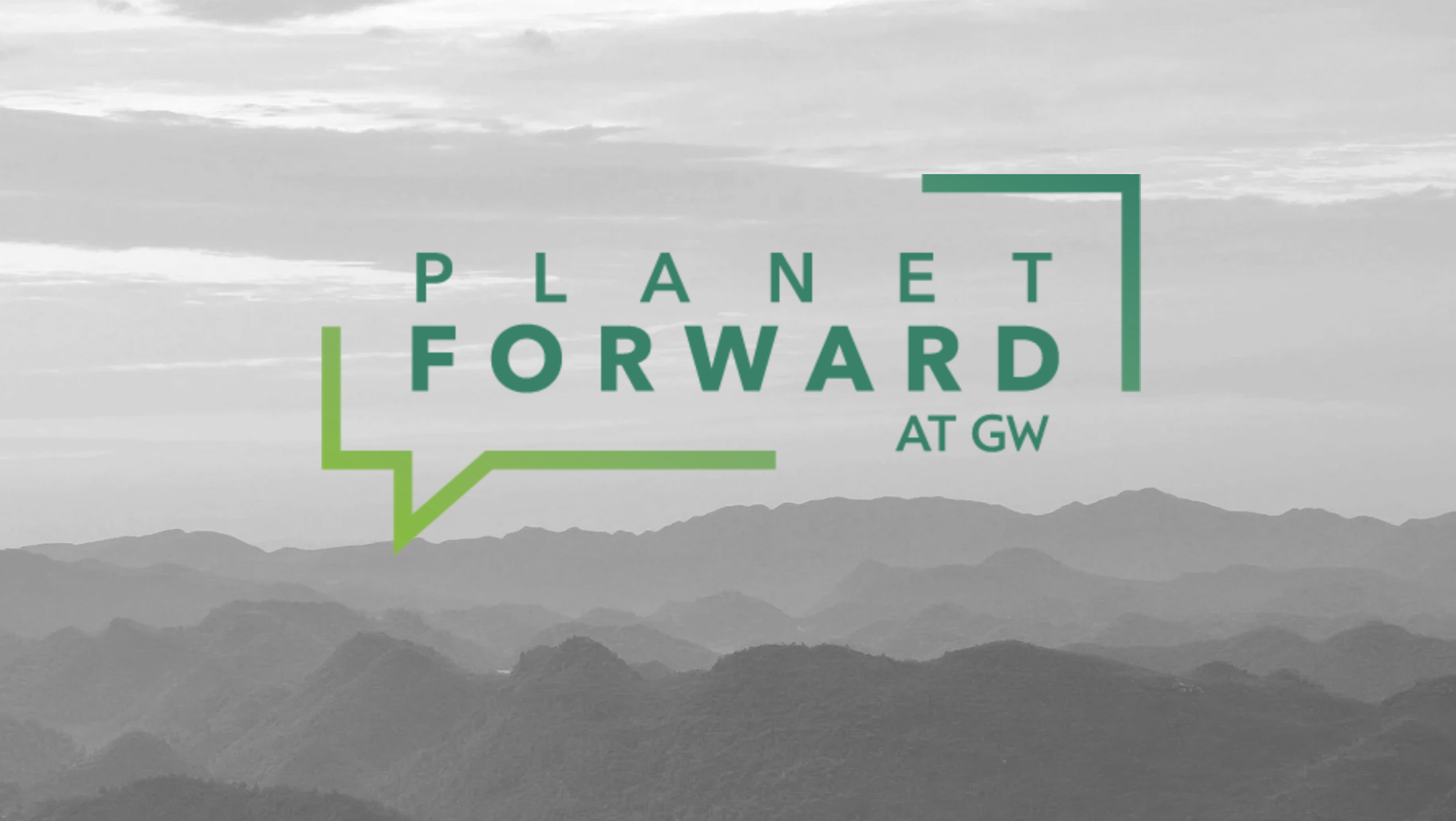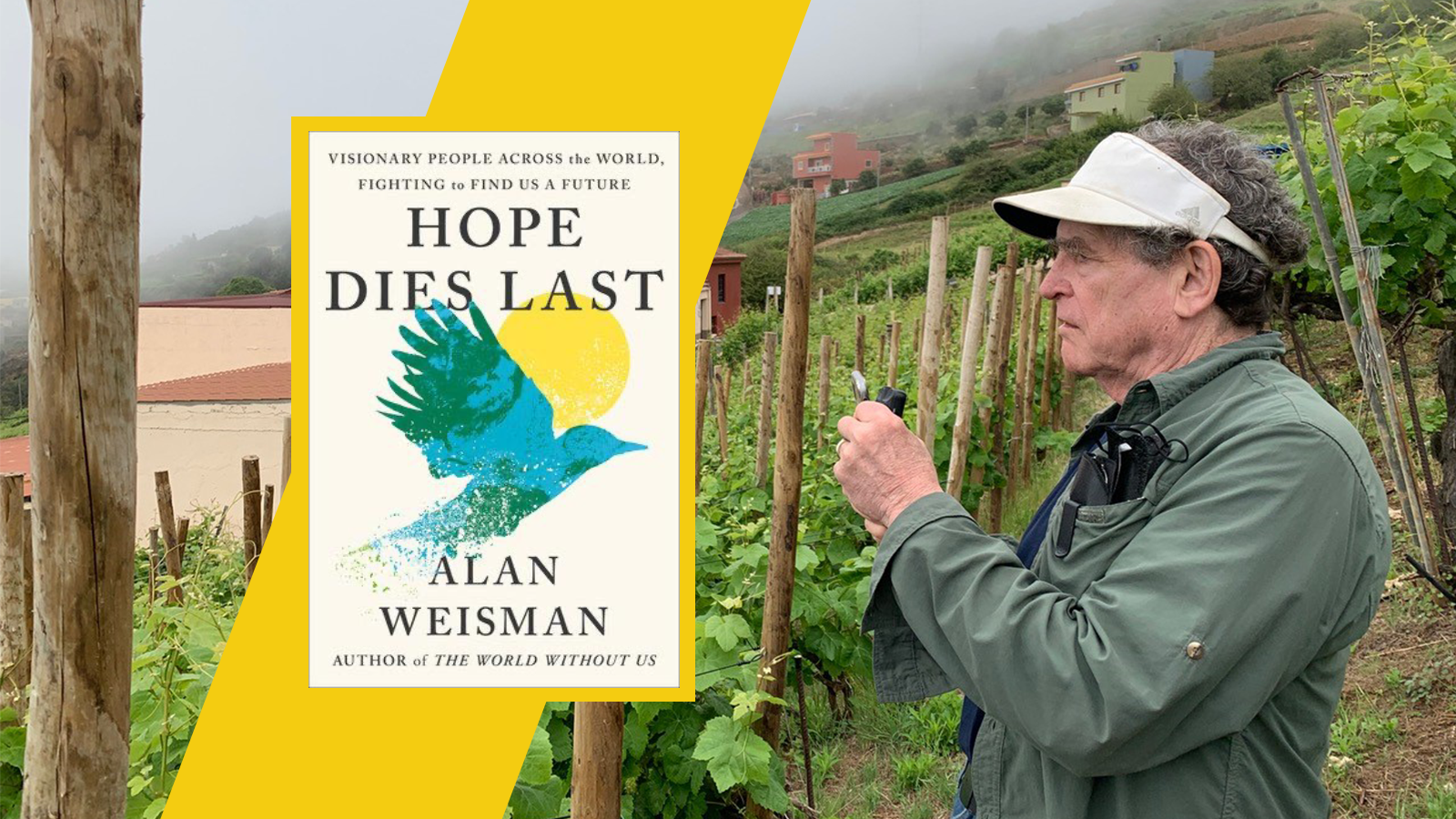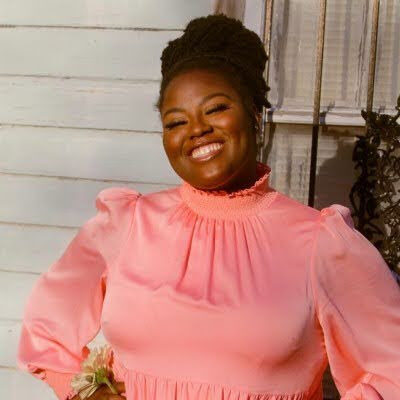
Unusual grass that if used in public and private grass areas will save enormous amounts of water and energy

Buffalo grass has been around a long time. I first learned of it years ago in the Missouri Conservation Magazine. But it deserves considerable attention. Growing only 6 inches in height it requires mowing maybe three times a year – or none in areas like along interstates where 6 inch height not an issue. It is drought resistant so requires little or no water – even to keep green in summer far less than other grass areas. It is disease resistant so requires far fewer (if any) chemicals.
Despite its name it is a very fine bladed grass with deep roots. Downside is that seeds are more expensive at the moment, it is not suited to all regions of the country (but is suited to most) or heavily shaded areas and it turns a yellowish color in winter similar to Zoyzia. But the benefits are enormous. For both public and private use and particular in new construction where lawns are newly constructed making this the grass of choice use of Buffalo grass will save enormous amounts of water, lower carbon footprint since does not require mowing very often, if at all, and eliminates most chemical treatments. No watering systems needed for most Buffalo grass lawns and areas.
If interested you can search for “Buffalo Grass” and find numerous articles and discussions. Sadly it has not been promoted as a water and energy saving product. And no, I have no commercial interest in seeds etc.
For more information I suggest: http://gurneys.com/buffalo-grass-seed-/p/09547/ http://www.ext.colostate.edu/pubs/garden/07224.html and http://extension.missouri.edu/p/G6730.



















